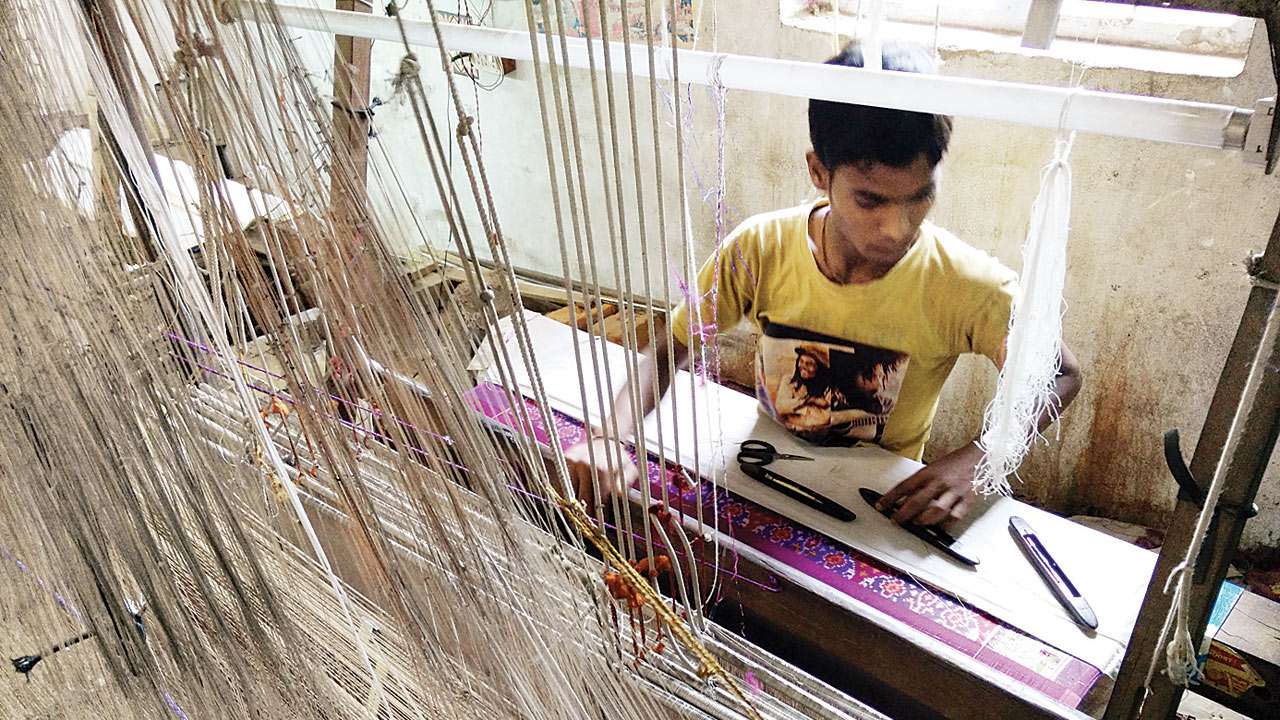Leading trade and industry bodies in the state have warned leaders in central and state governments that abrupt withdrawal of benefits to textile exporters from August 1 will hit the sector very hard, especially since the overall economy is facing a slowdown.
They urge that the existing scheme should continue until an alternative plan, which is under consideration, is finalised. Gujarat is one of the leading states in the sector.
“We have learnt that the government has decided to withdraw the Merchandise Export From India Scheme (MEIS). The Textile sector in Gujarat will face a severe and negative impact of this abrupt move. Its very existence will be threatened,” said a joint letter by the Gujarat Chamber of Commerce and Industry (GCCI), Federation of Indian Chambers of Commerce and Industry (FICCI), Confederation of Indian Industry (CII) and The Associated Chambers of Commerce and Industry in India (ASSOCHAM) to Prime Minister Narendra Modi, Union Home Minister Amit Shah and Chief Minister Vijay Rupani.
MEIS, which replaced the Duty Drawback Scheme after the rollout of the Goods and Services Tax (GST), provides up to 4% rebate on exports. The World Trade Organization (WTO) has asked that such schemes be discontinued.
“Businesses and governments are intent on aligning with WTO, but if MEIS is abruptly withdrawn, there will be long-term, adverse effects on the workforce comprising five to six lakh personnel in the state,” said Durgesh Buch, GCCI president.
“GoI is considering ‘Rebate of State and Central Taxes and Levies’ (RoSCTL), in which state and central taxes will be refunded,” said Meena Kaviya, former chairperson of Textile Committee of GCCI. “However, it is yet to come into force and MEIS is being withdrawn. The move comes at a time when India is supposed to reap the benefits of the US’s trade war with other countries.”
“Textile exports are long-term contracts,” said Raju Shah, state chairman of CII, “and incentives play an important role in the determination of rates. Abrupt withdrawal will squeeze margins, which are anyways very low. Even complying with existing orders will be a loss-making proposition. We have requested the government to give us some time.”
Chintan Thaker, state co-chairman of FICCI said that exporters compete with peers from countries such as Bangladesh, Pakistan, Vietnam and Sri Lanka which have Free Trade Agreements (FTAs) with major markets such as the US and UK. “While their goods are imported duty-free, Indian goods carry duties, putting us at a disadvantage of 10 to 11%, which is significant in a fiercely competitive market,” Thaker said.
Published On : 01-08-2019
Source : DNA India

